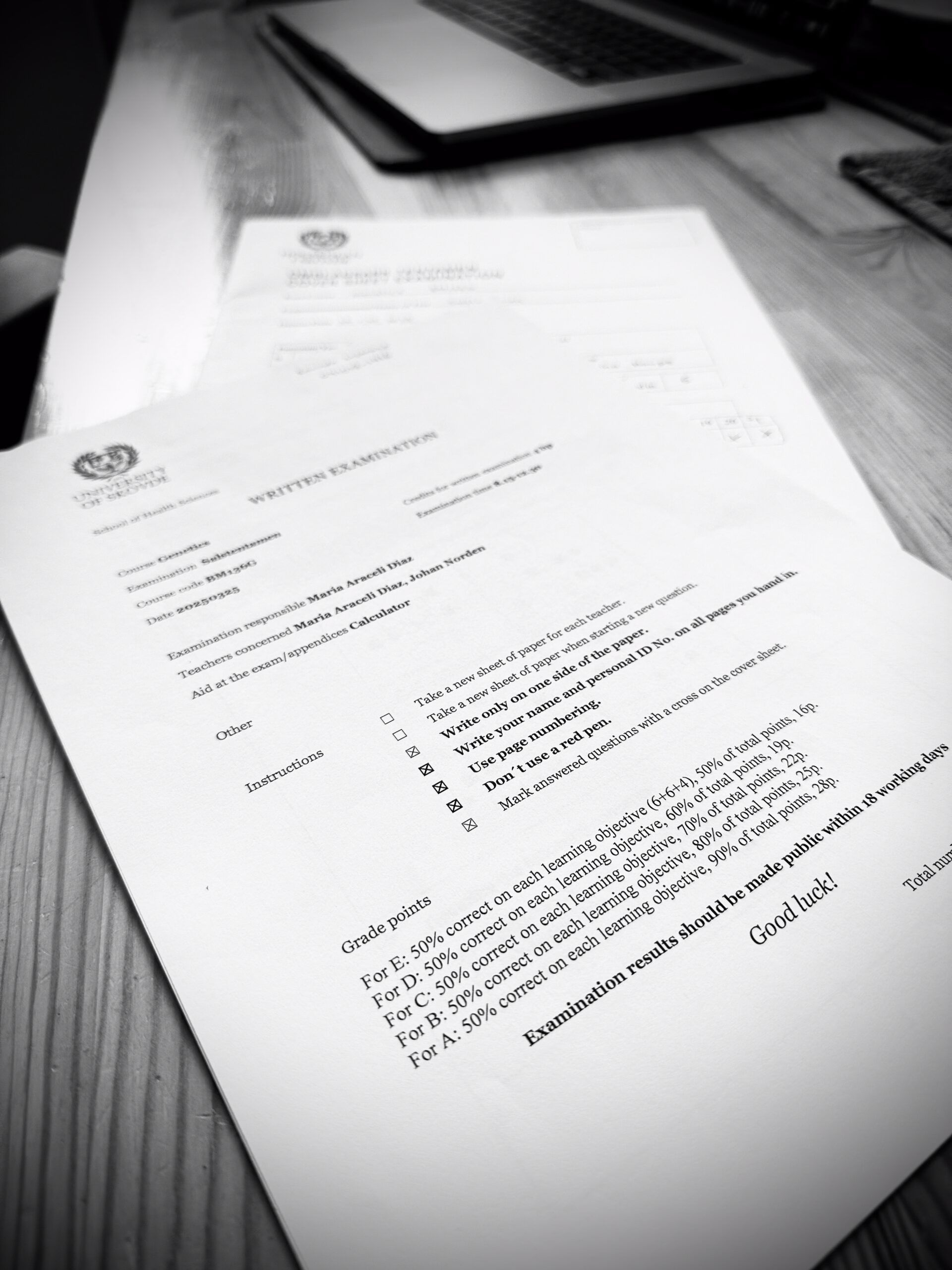
Written by Ravindu
05 Jun 2025
There are certain things in life that sound harmless. Like picking up your graded exam paper from the student affairs office. What could go wrong?
Well… a lot, apparently.
A while back, a friend of mine collected her physical exam paper for a course that almost everyone agreed was pretty tough. She was curious to see where she’d lost marks, and honestly, I did the same. But as she flipped through the pages and recalculate everything, something felt off. Her total was higher than the grade she had received. We double checked everything and compared it with the corresponding marks for each grade, and sure enough, the marks weren’t added properly.
So she reached out to the course coordinator of that specific course and explained everything. She pointed out where she thinks the mistake has occurred and whether it could be revised and re-calculated. The response she got was not what she was expecting.
Basically, they said that the original exams must be in the student office to ensure they have not been altered and that this unfortunately means the re-evaluation process cannot be carried out. They also advised to make sure we take a copy of the exam paper rather than the original in the future.

But Isn’t That Unfair?
Here in Sweden, students have the right to get their grades corrected if there’s an obvious error and it’s easy to fix. This is actually part of the Administrative Procedure Act (Förvaltningslagen, if you want to get fancy). So in theory, if a teacher simply miscalculated or missed awarding marks, they must fix it once notified. But here’s where it gets tricky: each university handles this process differently
For example, at my university (University of Skövde), the website clearly says: “If you have reason to believe that you need to resit your examination or have it reassessed, you should not sign out your original exam paper. Ask for a copy of it instead.” In other words: if you walk out with the paper in your hand, and only then realize there’s a mistake? That grade is now permanent.
So the moment you take that paper home, even if it’s just to review it properly, that piece of evidence is now considered unverifiable. It becomes your word against a missing document. Even if your math is correct. Even if you deserved a better grade. Without the original, the university can’t legally change anything.
So What Are You Supposed To Do?
Since this experience, I’ve changed the way I handle post-exam feedback completely. So if you’re reading this, especially if you’re an international student like me who’s still figuring out how things work here, remember: Always ask for a copy of your exam paper!
When you request a copy, the university keeps the physical paper safe in its files. If you discover an error, they still have the original to refer to. That means your appeal has a real shot. So, until you’re sure there are no issues with the grading—and especially if you’re considering appealing anything—don’t remove the original from university custody.

What to do if you spot an error in your grade
Let’s say you’re going through your exam copy and realize, “Hang on… they didn’t count this question” or “There’s a mistake in the total.” Here’s what you should do next:
- 1. Email the examiner (or course coordinator) as soon as possible
Don’t wait around hoping it’ll resolve itself. Be prompt. - 2. Clearly explain the issue
Mention the exact question or section where the mistake happened. Keep it calm and factual—no emotional essays necessary - 3. Attach your digital copy and highlight the issue
Make it easy for them to understand what you’re pointing out. - 4. Be polite and professional
Examiners are more willing to consider your case when they’re approached with respect and clarity. - 5. Understand the difference between objective and subjective errors
If there’s a calculation mistake or missed mark, that’s objective and usually correctable. But if you’re arguing over how your answer was interpreted or partial points were awarded, that’s more subjective and usually won’t result in a change.
What I learned (and what my friend wishes she knew)
Sometimes, the biggest academic lessons don’t come from textbooks: they come from unexpected experiences like this one. I used to think the post-exam process ended with the grade appearing on my transcript. But actually, there’s a whole extra layer of responsibility that kicks in after that number shows up. Checking for mistakes, understanding the appeal process, knowing your rights, and most importantly, knowing what not to do.
If you’re ever unsure about how your university handles these things, take a few minutes to look it up on their official site or ask the student affairs office. Every university might have slightly different policies. Some may allow you to take physical papers home, others might strongly discourage it for good reason.
At the end of the day, this isn’t just about one exam paper. It’s about protecting your academic progress, your hard work, and your peace of mind. Grades are important, not everything, but definitely important, and when you’ve earned something, you should have the right to receive it.



